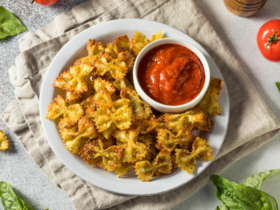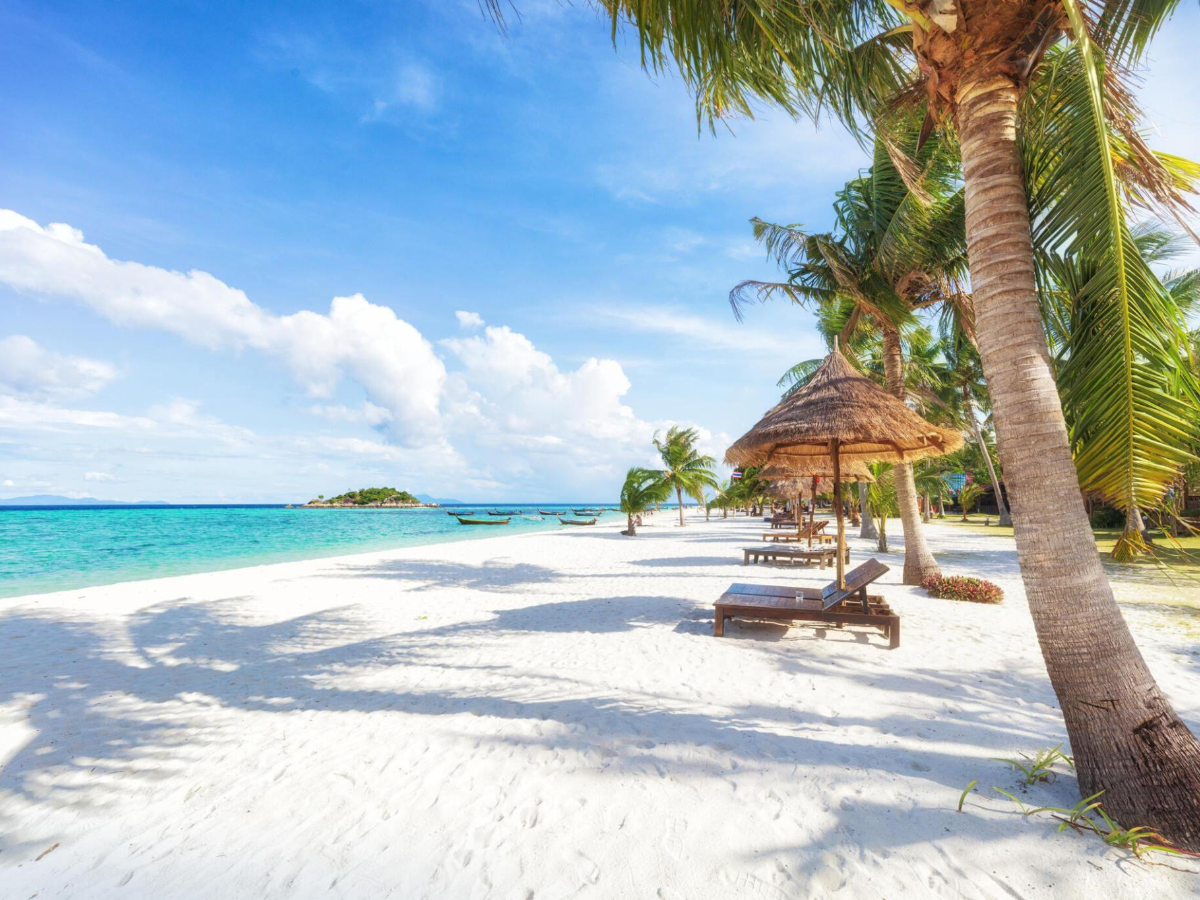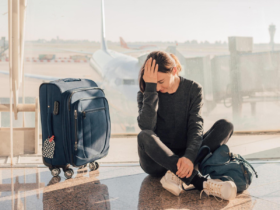Cuba, the island nation steeped in history, vibrant culture, and captivating rhythm, beckons travelers seeking something off the beaten path. However, navigating the unique travel requirements and regulations specific to US citizens can feel daunting. Worry not, intrepid explorer! This comprehensive guide equips you with everything you need to know before embarking on your Cuban adventure.
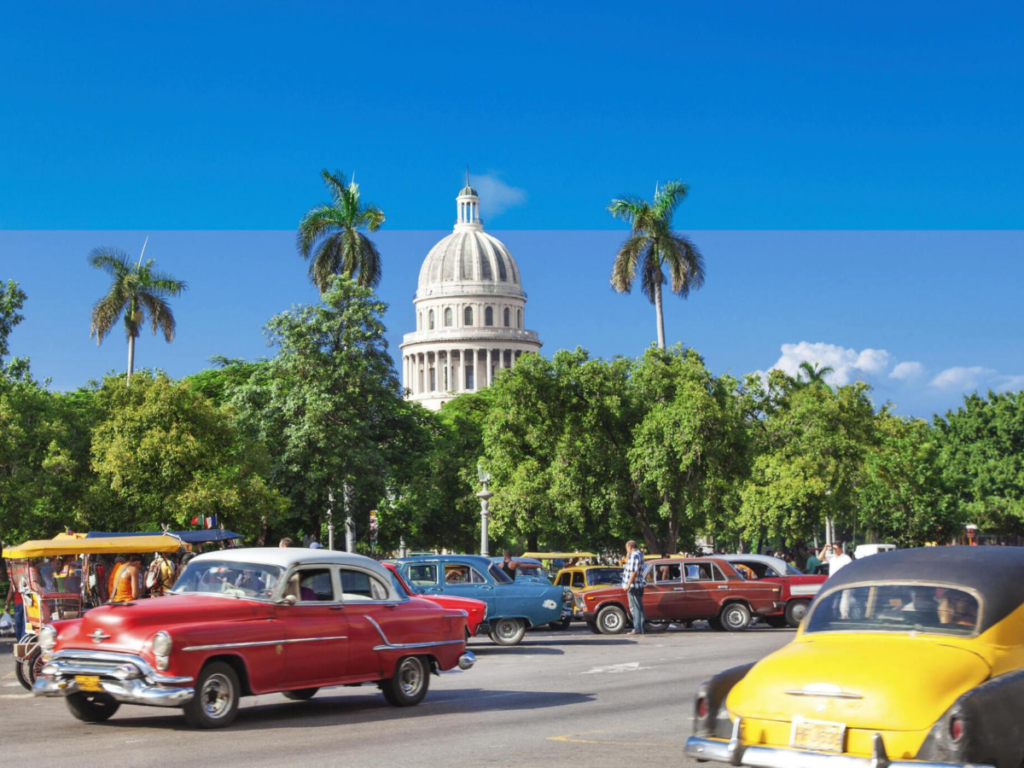
Embracing Nuances: Understanding US Travel to Cuba
First things first, understand that travel between the US and Cuba operates under distinct categories authorized by the US Department of Treasury’s Office of Foreign Assets Control (OFAC). Currently, US citizens cannot simply “vacation” in Cuba. Instead, travel must fall under one of 12 authorized categories, including:
- Support for the Cuban People: Engaging with the Cuban people through cultural exchanges, homestays, or volunteering.
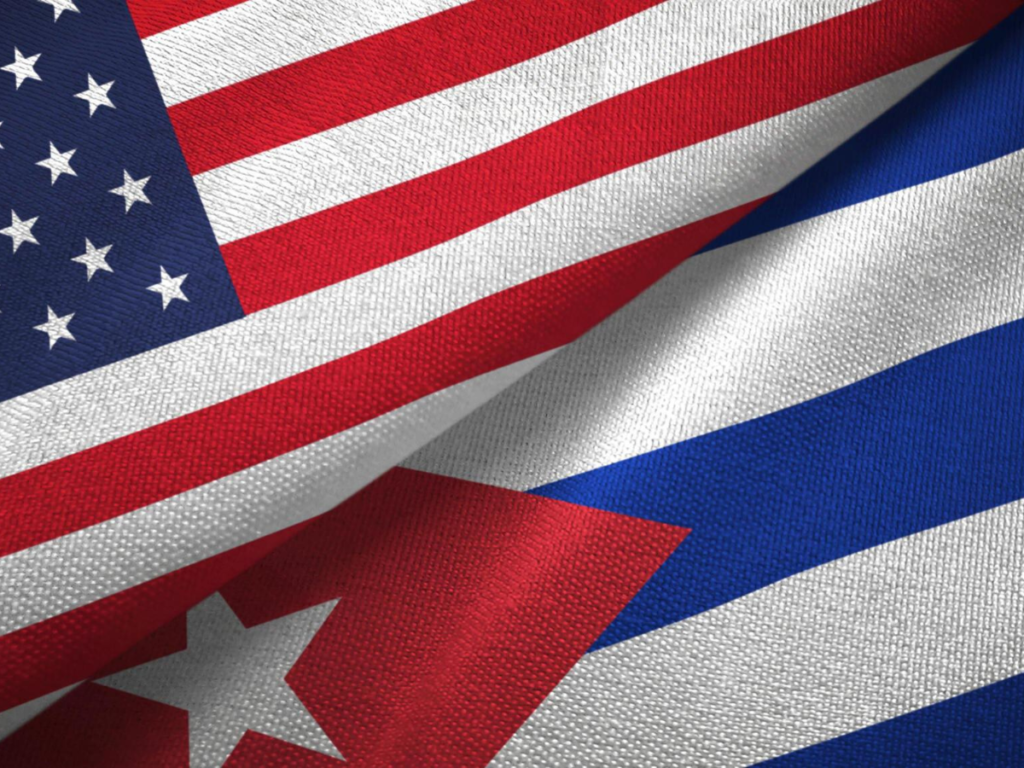
- Educational Activities: Participating in organized educational programs approved by the US Department of State.
- Journalistic Activities: Professional journalists on assignment can apply for specific licenses.
- Religious Activities: Engaging in religious activities organized by licensed religious organizations.
- People-to-People Travel: Participating in group tours under approved licenses with meaningful interaction with the Cuban people.
Cuban Food: Manage your expectations
While Cuba boasts a vibrant and delicious food scene, it’s important to manage expectations and recognize it won’t always be a gourmet paradise. Limited resources and historical factors can contribute to certain drawbacks. Some tourist restaurants might cater to bland, simplified versions of dishes to appeal to broader palates. Availability of certain ingredients can be restricted, leading to repetitive menus or substitutions.
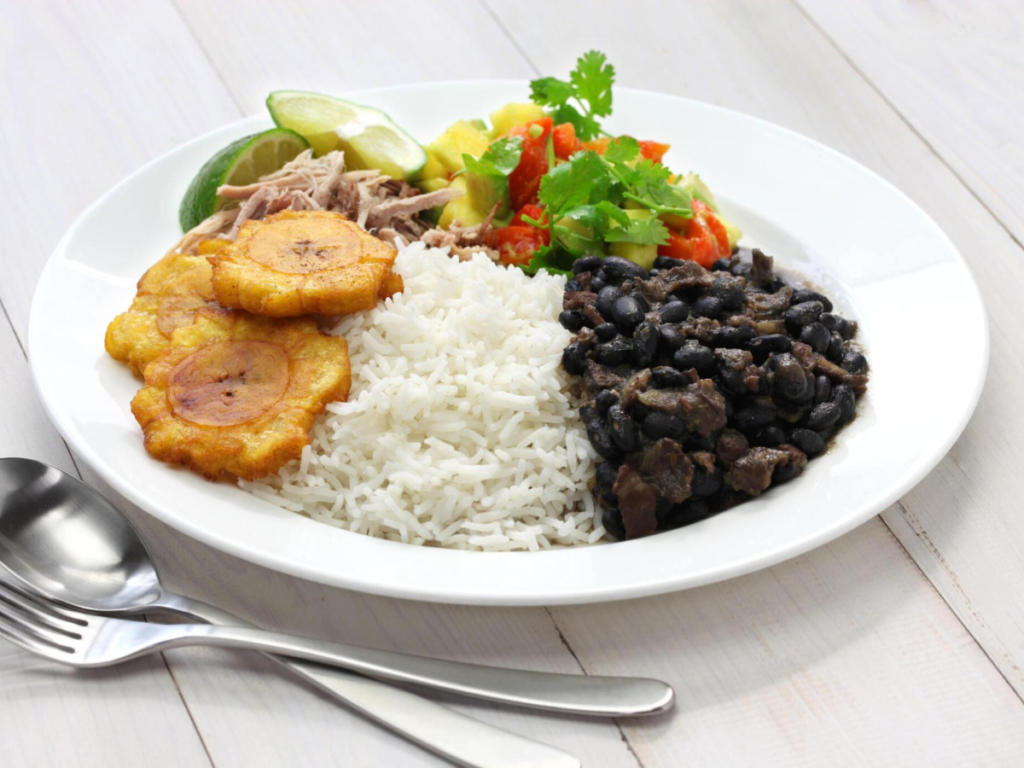
Additionally, hygiene standards might not always adhere to Western expectations in some establishments. However, these challenges are often outweighed by the unique flavors, cultural experiences, and warm hospitality available at locally-run paladares, street stalls, and farm-to-table initiatives. Embracing the adventure and seeking authentic experiences will make for a more fulfilling and rewarding food journey in Cuba.
Have a taste of the Cuban Cigar
Cuban cigars are world-renowned for their rich flavor, smooth smoke, and expert craftsmanship. Made from tobacco grown in the Vuelta Abajo region of Cuba, they are considered to be some of the finest cigars in the world. The unique climate and soil conditions in this region contribute to the unique flavor and aroma of Cuban cigars.
The production of Cuban cigars is a long and meticulous process. The tobacco leaves are carefully aged and fermented for several years before being hand-rolled by skilled artisans. The cigars are then aged for several more months before being released for sale.
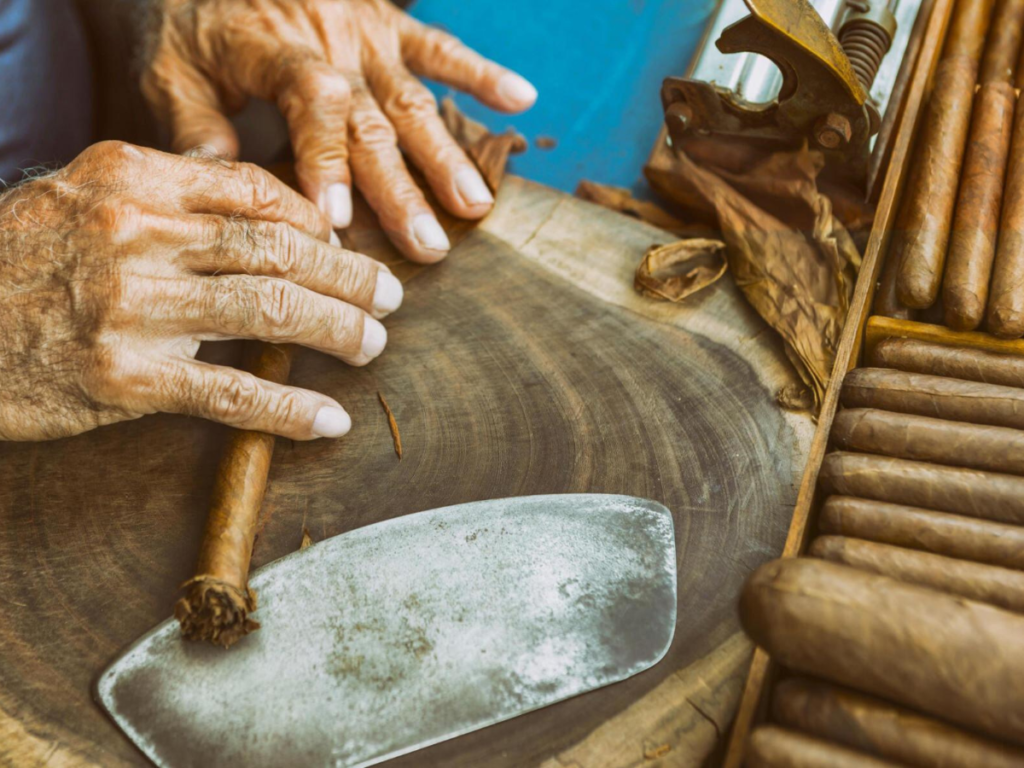
Cuban cigars are available in a wide variety of sizes and shapes, each with its own unique flavor profile. Some of the most popular Cuban cigars include the Cohiba, Montecristo, and Romeo y Julieta.
If you are a cigar aficionado, then a trip to Cuba is a must. There is no better way to experience the true flavor and quality of Cuban cigars than to smoke one in the country where they are made. However, it is important to note that due to the US embargo on Cuba, it is illegal for US citizens to bring back Cuban cigars from their travels.
Visas and Documentation:
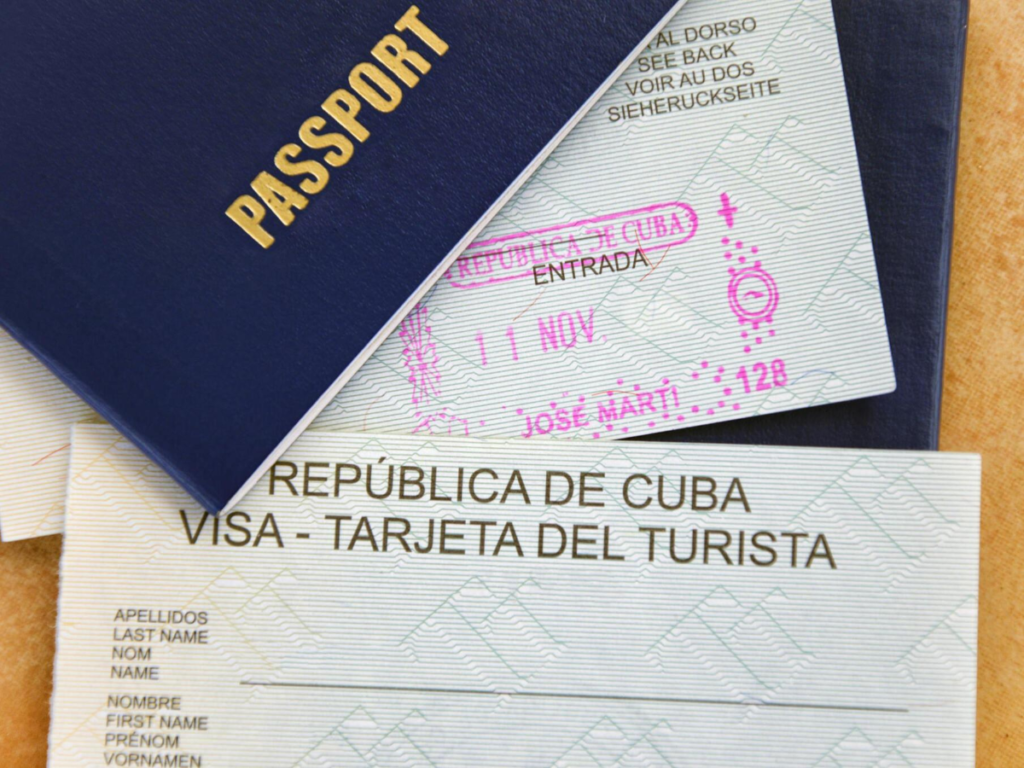
While Cuba doesn’t require visas for US citizens, you’ll need a Cuban Tourist Card (Tarjeta Turística). Purchase it through your travel provider or authorized agencies before departure. Remember, proof of authorized travel category (e.g., tour itinerary for people-to-people travel) is crucial for boarding and Cuban immigration.
Financial Essentials:
US credit and debit cards don’t generally work in Cuba. Bring enough cash (USD or Euros) in small denominations for daily expenses, including visa fees, souvenirs, and tipping. Consider exchanging some currency for Cuban Convertible Pesos (CUC) for local markets and smaller establishments. Euros are often more readily accepted than USD.
Connectivity Considerations:
Mobile phone roaming with US carriers is limited in Cuba. Purchase a temporary Cuban SIM card at the airport or authorized points to stay connected. Wi-Fi access is improving but can be slow and uneven. Prepare for potential offline moments and embrace the opportunity to disconnect and immerse yourself in the Cuban experience.
Packing Pro-Tips:
Pack light and breathable clothing suitable for warm weather. Include comfortable shoes for walking cobblestone streets. Pack basic toiletries as options might be limited. Bring an adapter for two-prong electrical outlets, sunscreen, and a hat for sun protection. Don’t forget your camera to capture the island’s vibrant scenes!
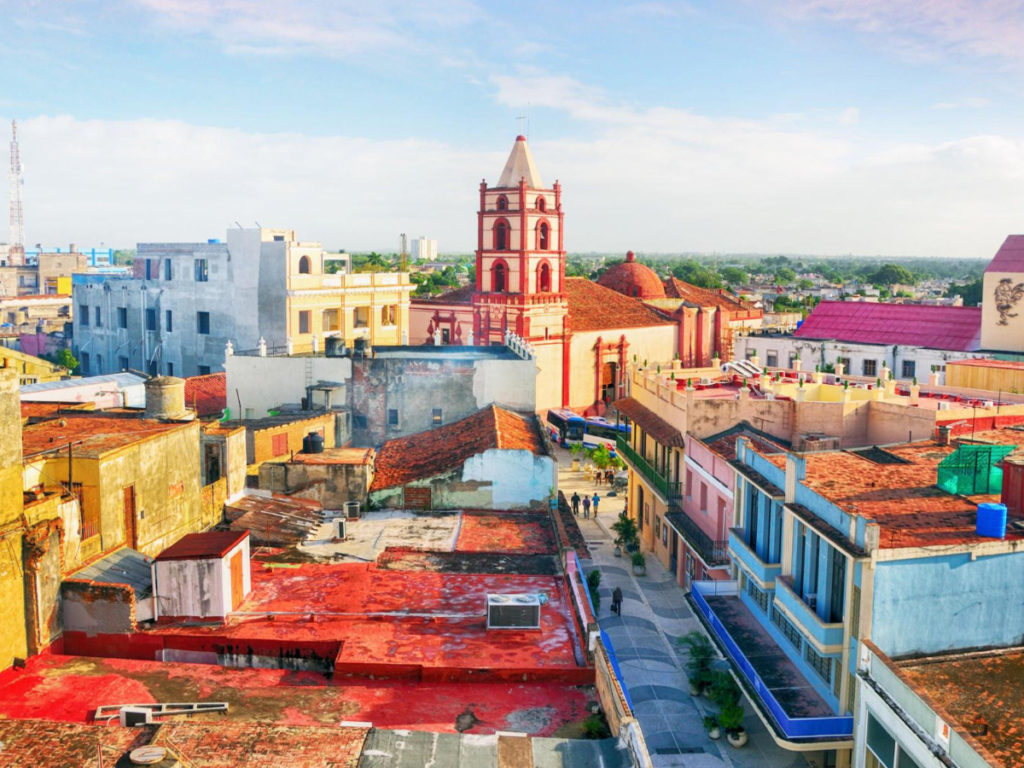
Respecting the Culture:
Remember, you’re a guest in a unique cultural landscape. Dress modestly, especially in religious areas. Learn basic Spanish phrases to show respect and connect with locals. Be mindful of taking photos, asking permission before capturing people’s portraits. Tipping is customary for good service, although not mandatory.
Beyond the Stereotypes:
Cuba offers more than just classic cars and salsa music. Explore museums celebrating its rich history, delve into art galleries showcasing contemporary talent, and savor authentic cuisine showcasing diverse influences. Engage with locals, learn about their lives, and appreciate the island’s resilience and warmth.
Safety and Security:
Cuba is generally a safe destination. However, exercise common sense precautions like being aware of your surroundings, avoiding deserted areas at night, and using licensed taxis.
Embracing the Unexpected:
Be prepared for occasional hiccups: internet connectivity might be slow, plans might change unexpectedly, and things might not always run perfectly on time. Embrace the flexibility and spontaneity that comes with experiencing a different culture.
Returning Home:
Upon returning to the US, you’ll need to declare any Cuban goods purchased (within legal limits) and complete a declaration form mentioning your authorized travel category.
Travel with Purpose:
Remember, your visit supports the Cuban people and their economy. Choose responsible travel operators, stay in locally owned accommodations, and purchase souvenirs from artisans and local markets.
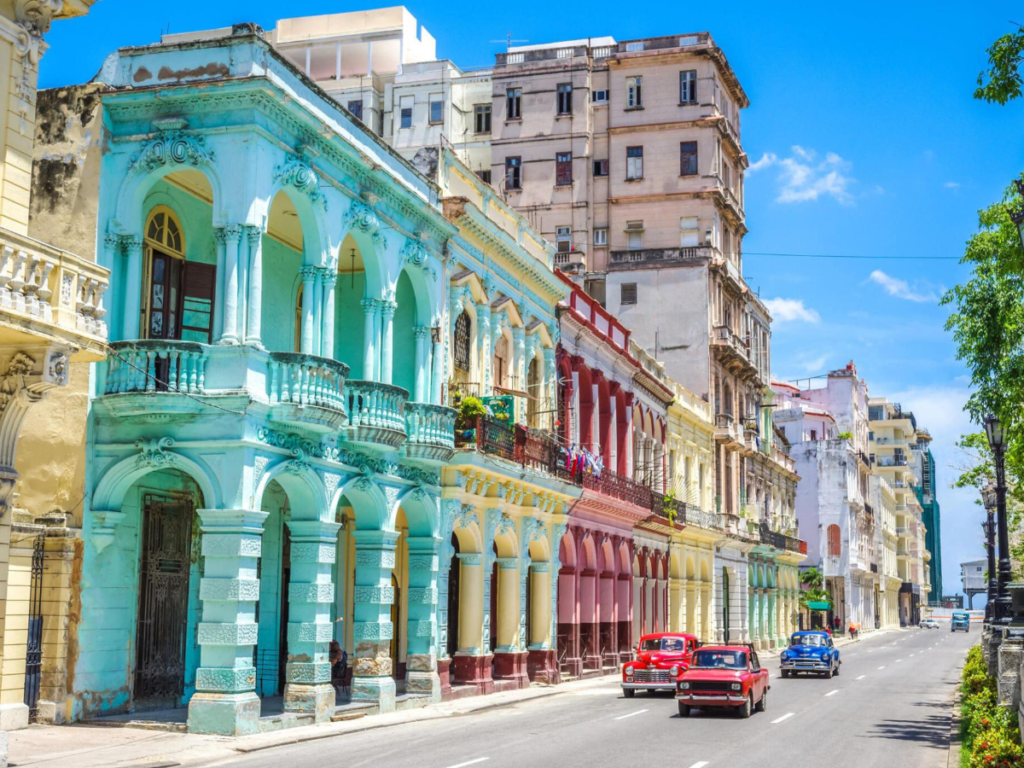
With careful planning, open-mindedness, and a thirst for cultural immersion, your Cuban adventure awaits. Pack your bags, embrace the rhythm, and prepare to be captivated by the island’s unique charm!




